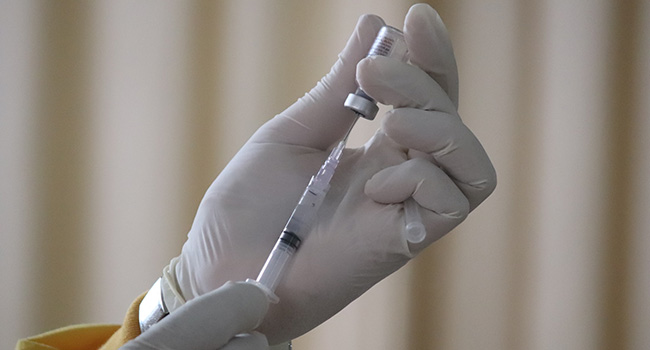
Prurigo nodularis (PN) is a chronic skin condition characterized by itchy nodules or lumps. These nodules can be firm and raised, causing intense itching. The cause of prurigo nodularis is not fully understood, but it often develops due to repetitive scratching or other skin irritations. The constant itching and scratching can lead to the formation of these nodules, which can become a cycle that is difficult to break. Treatment may involve medications to reduce itching and inflammation and manage underlying conditions. However, managing prurigo nodularis can be challenging, and seeking medical advice for proper care is essential.
PN can be distressing and severely impact a person's quality of life. The constant itching can be unbearable, affecting sleep, daily activities, and overall well-being. The itching and discomfort can become a vicious cycle, as scratching temporarily relieves the condition by causing more nodules to form.
Clinical Trials
The LIBERTY-PN PRIME and PRIME2 trials investigated a potential treatment for prurigo nodularis, specifically for adults with at least 20 nodules and severe itch that was uncontrolled with topical therapies. The trials tested the efficacy of dupilumab, a human monoclonal antibody that blocks the shared receptor component for interleukin (IL)-4 and IL-13. These cytokines play a crucial role in the inflammatory response, and targeting them with dupilumab could alleviate the symptoms of PN.In the trials, patients were randomly assigned to receive either 300 mg of dupilumab or placebo subcutaneously every two weeks for 24 weeks. The primary endpoint of the study was the improvement in pruritus (itching) measured by the proportion of patients with a ≥4-point reduction in the Worst Itch Numeric Rating Scale (WI-NRS) from baseline at week 24 in PRIME and week 12 in PRIME2. The secondary endpoint was the reduction in the number of nodules to ≤5 at week 24.
